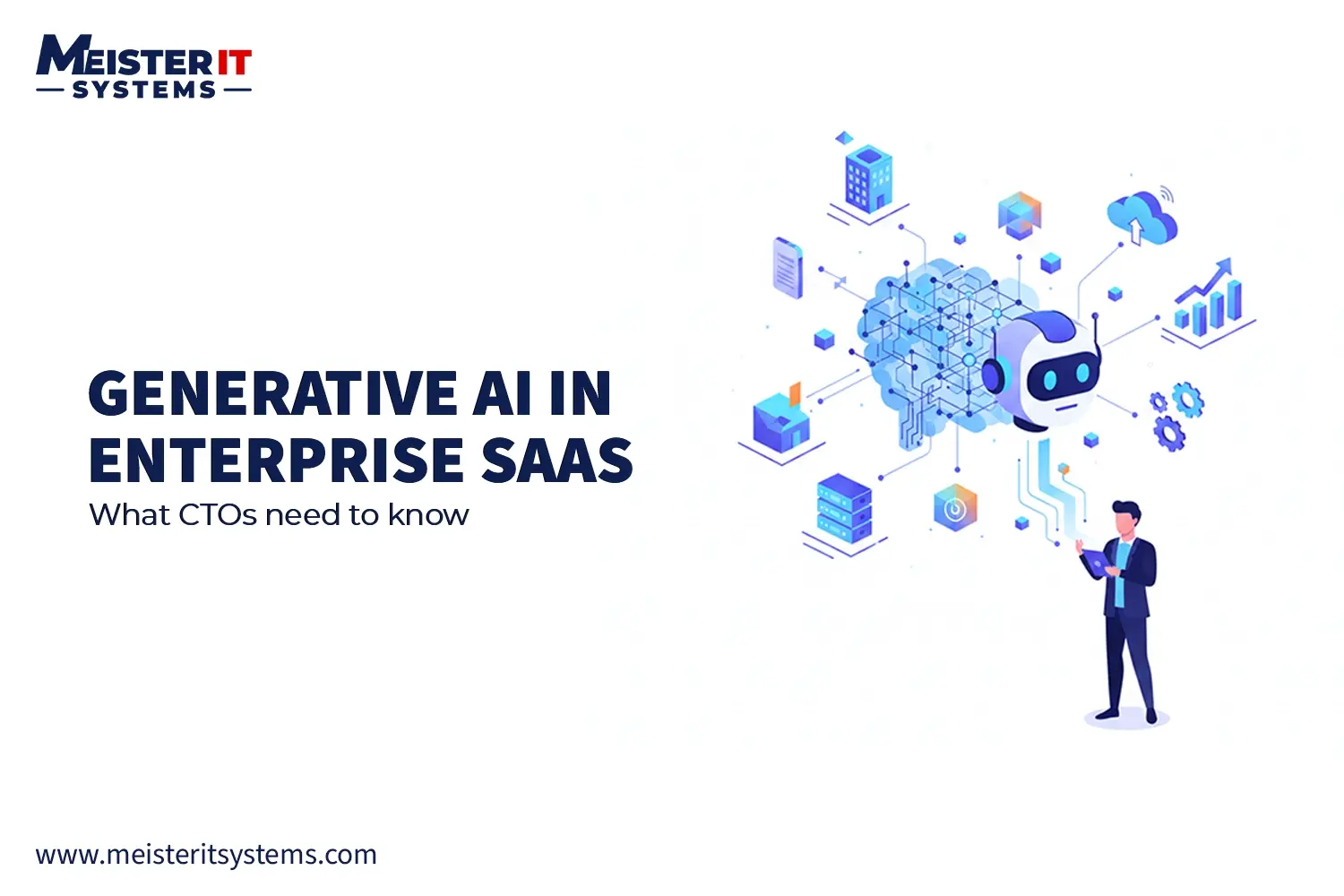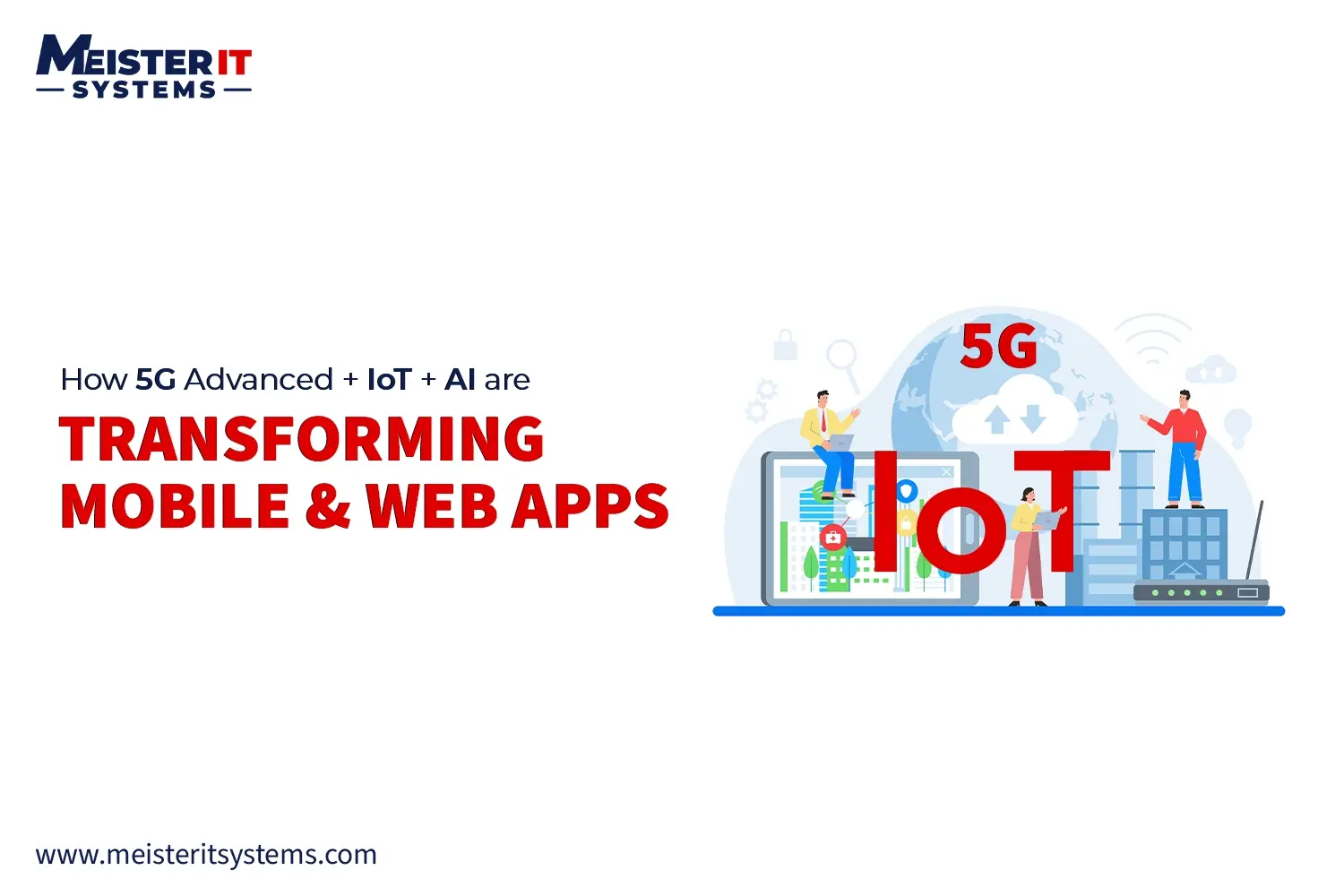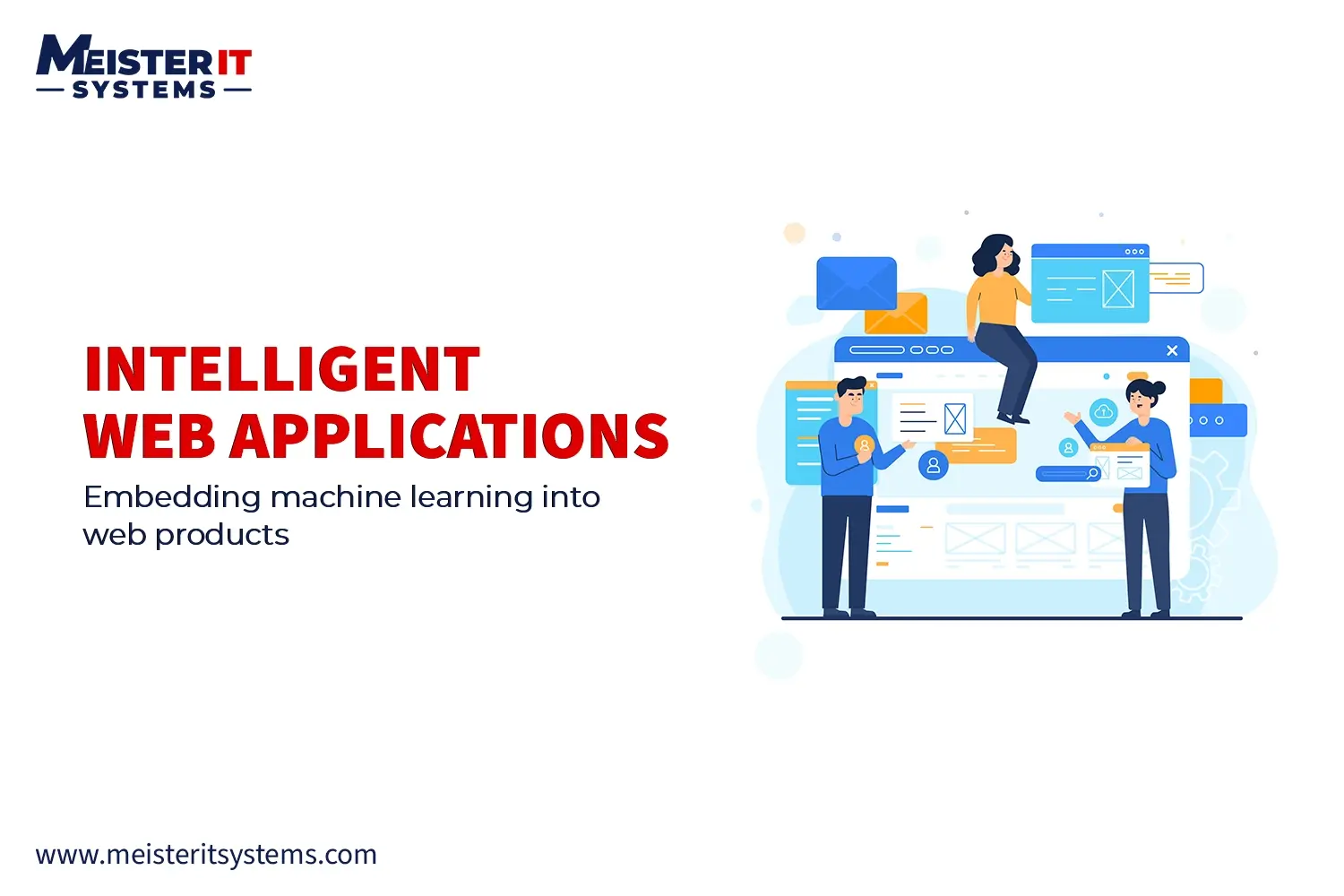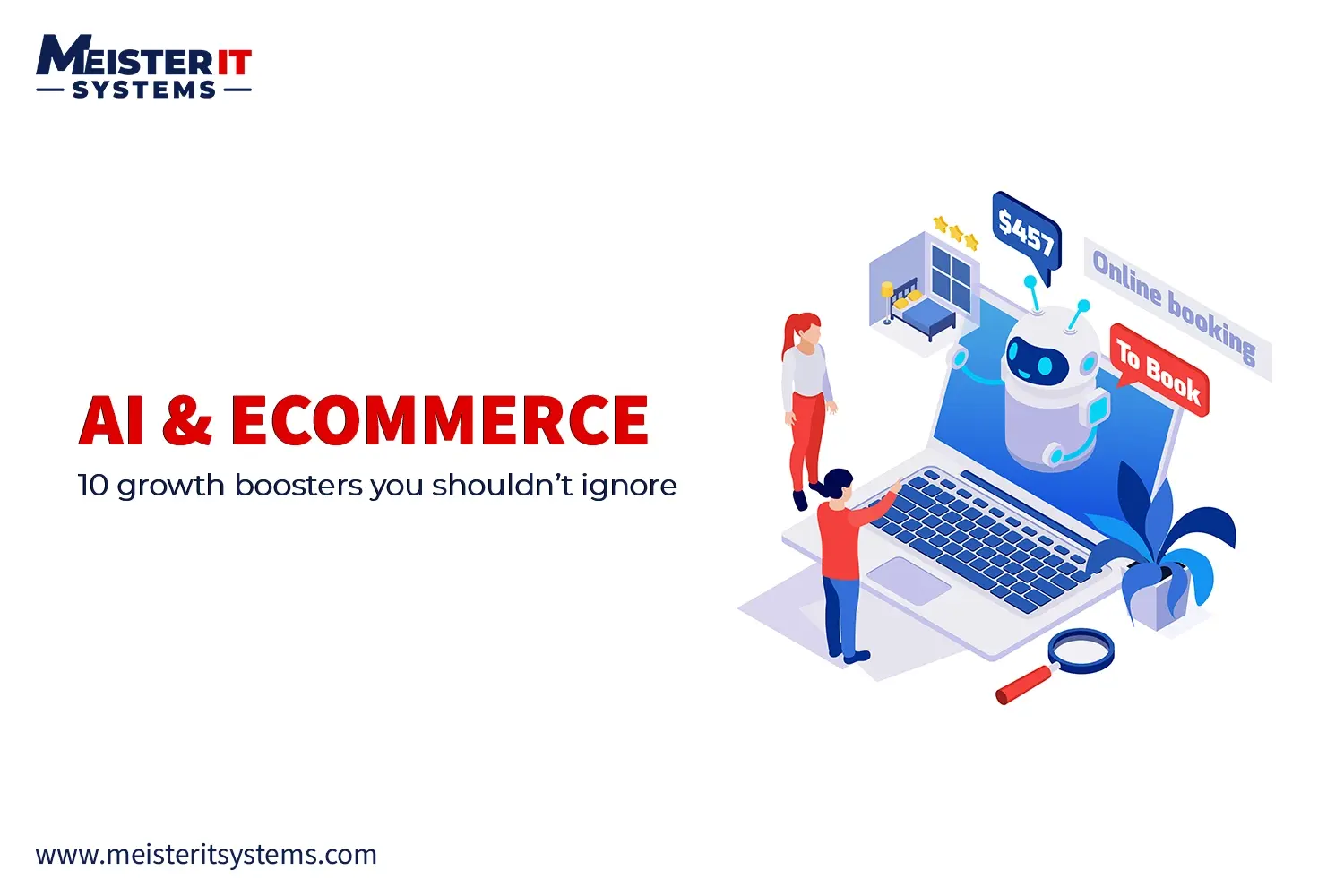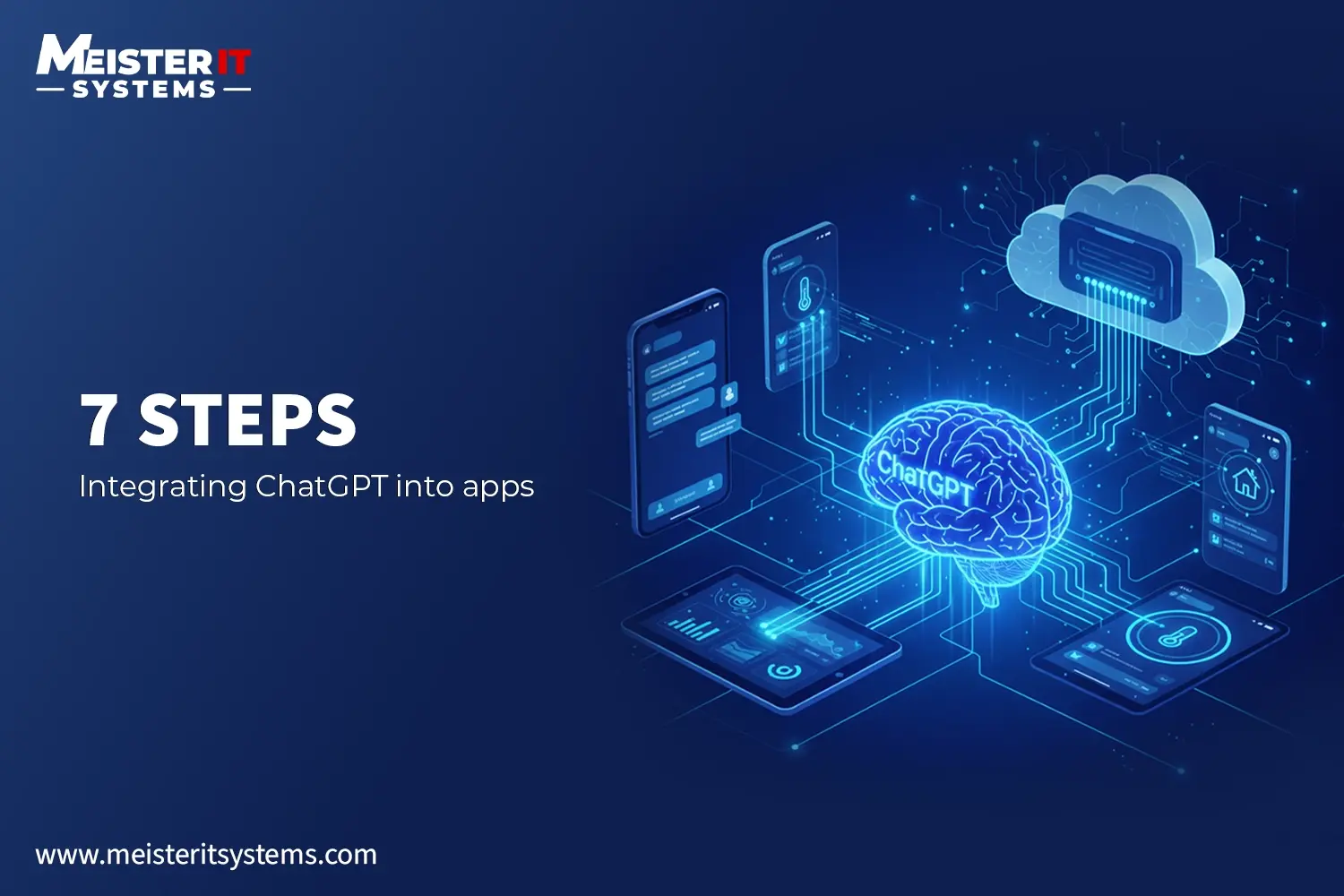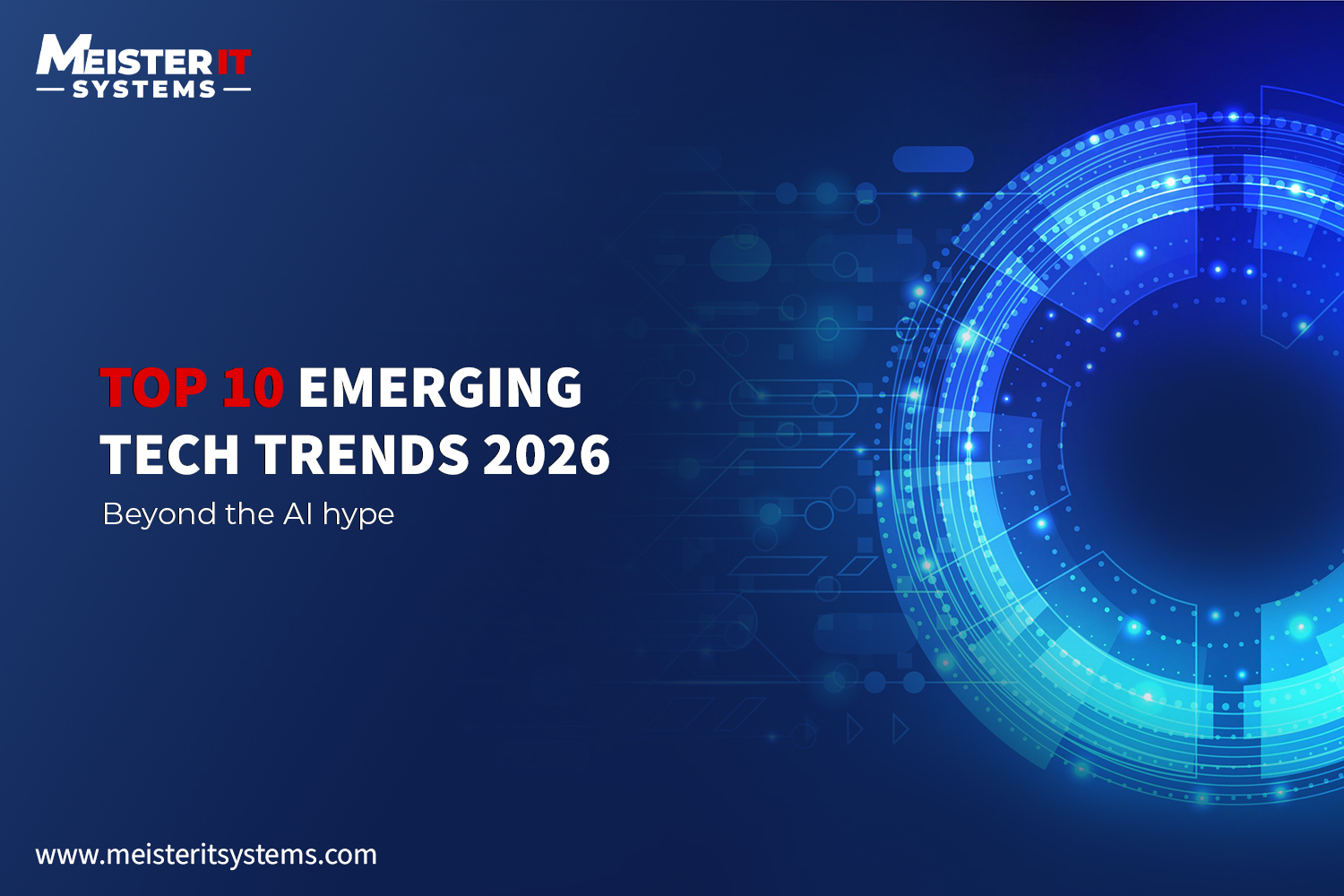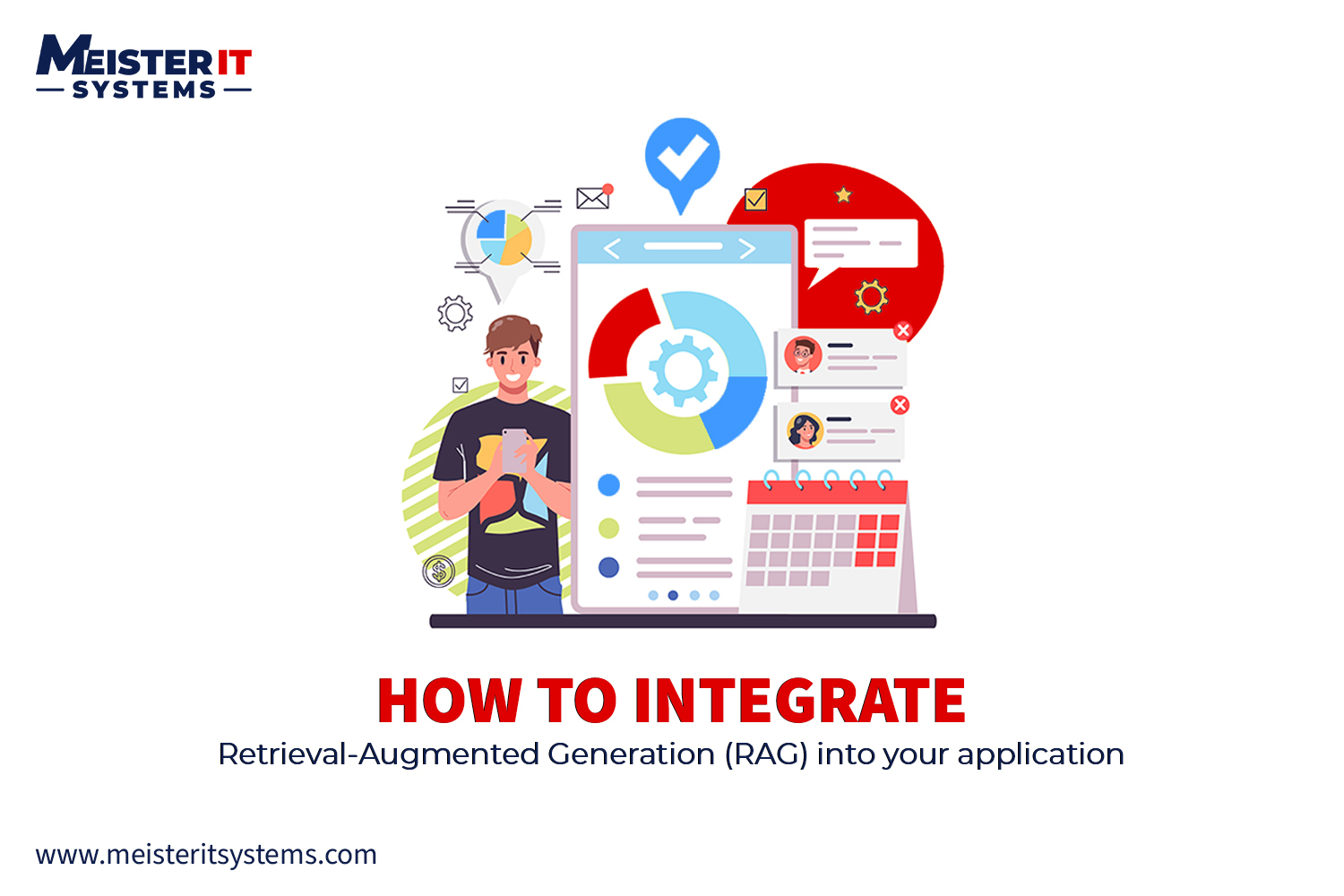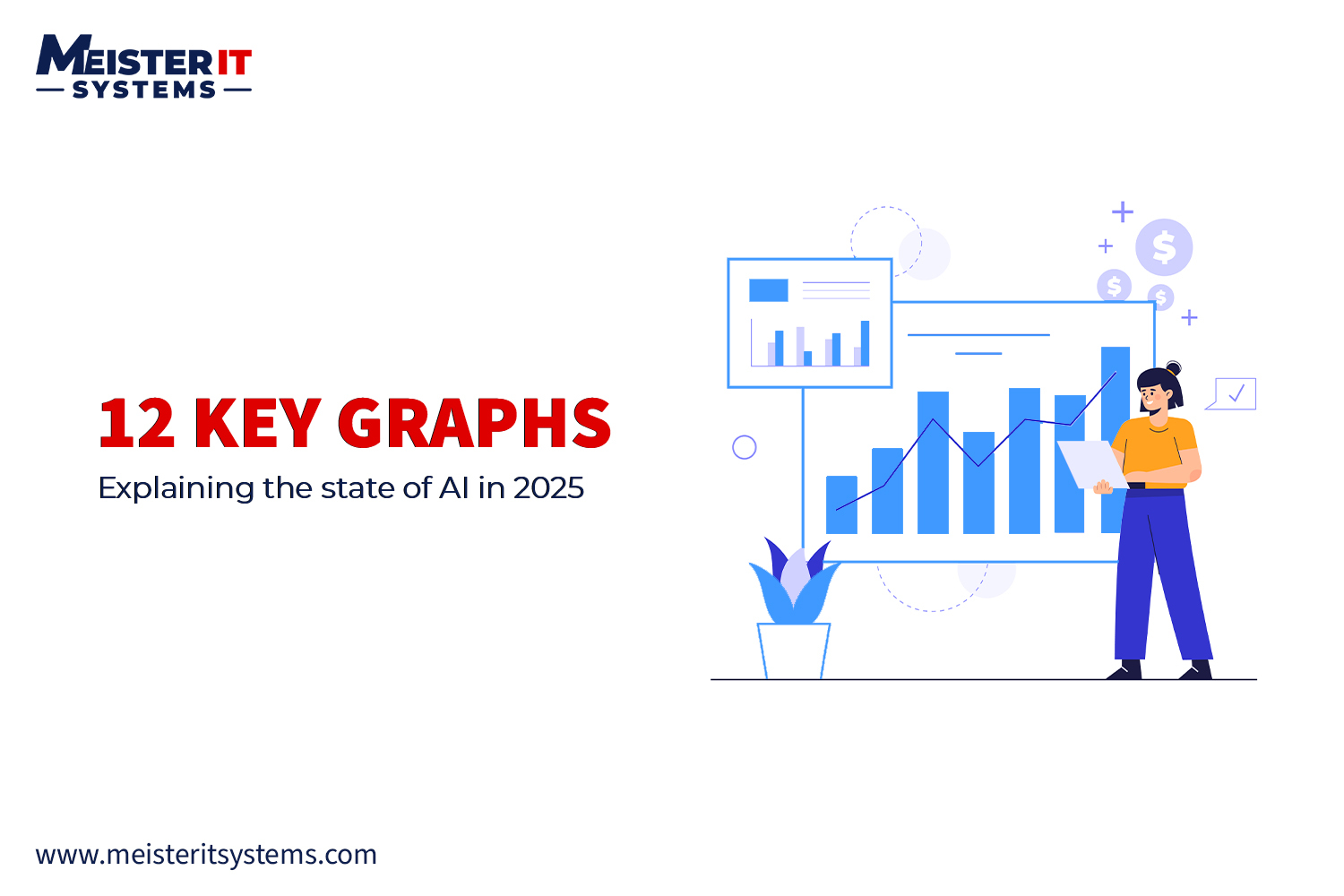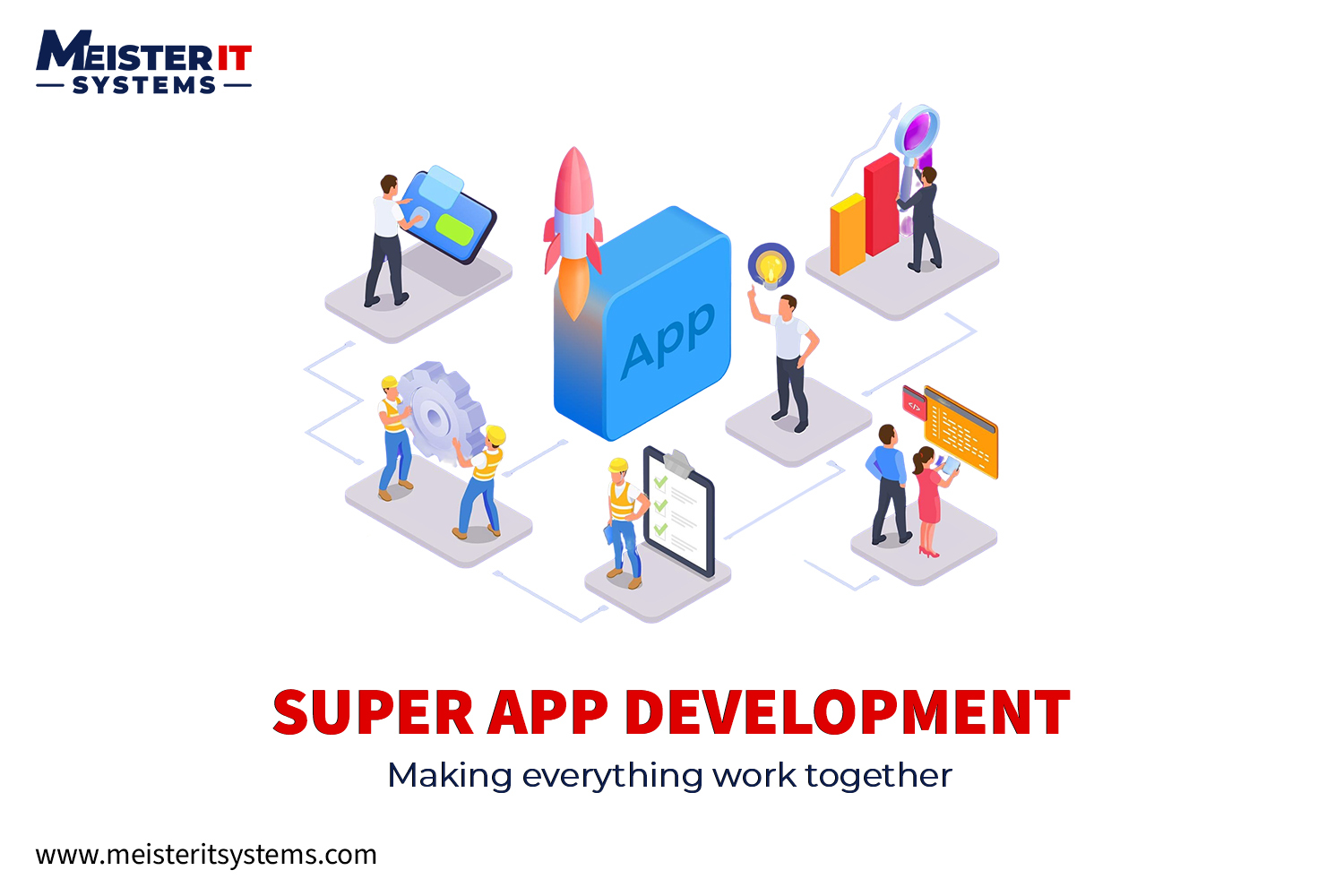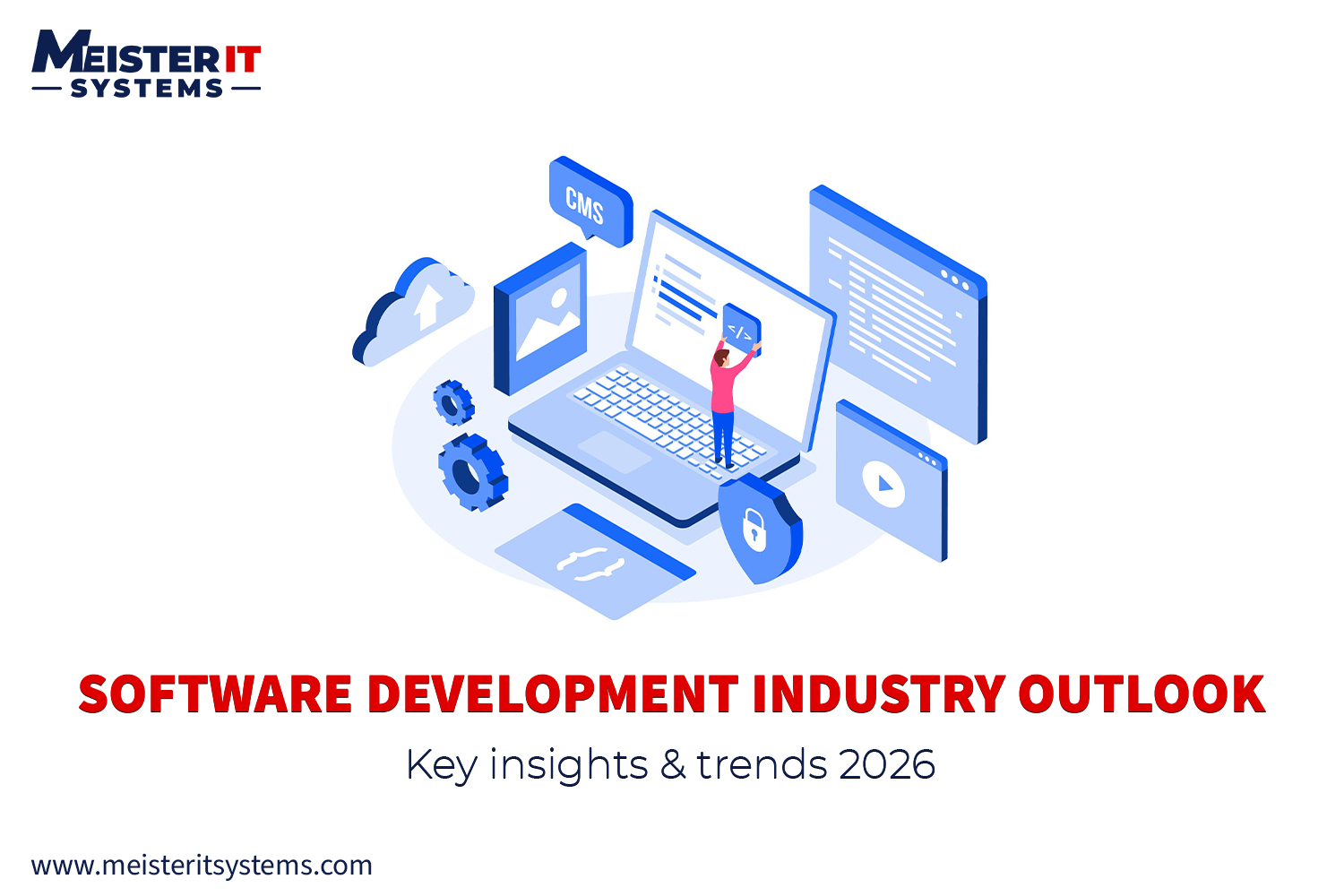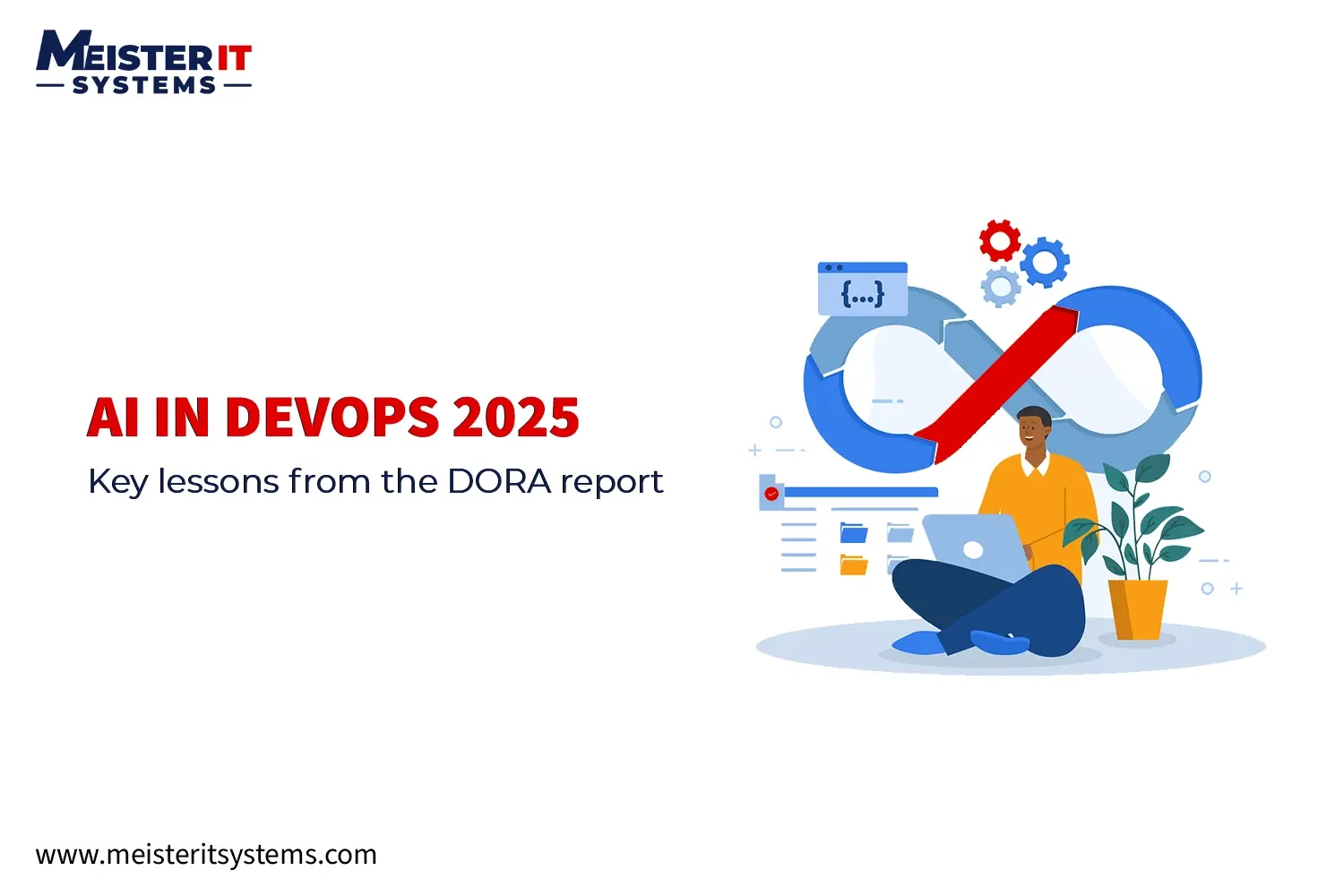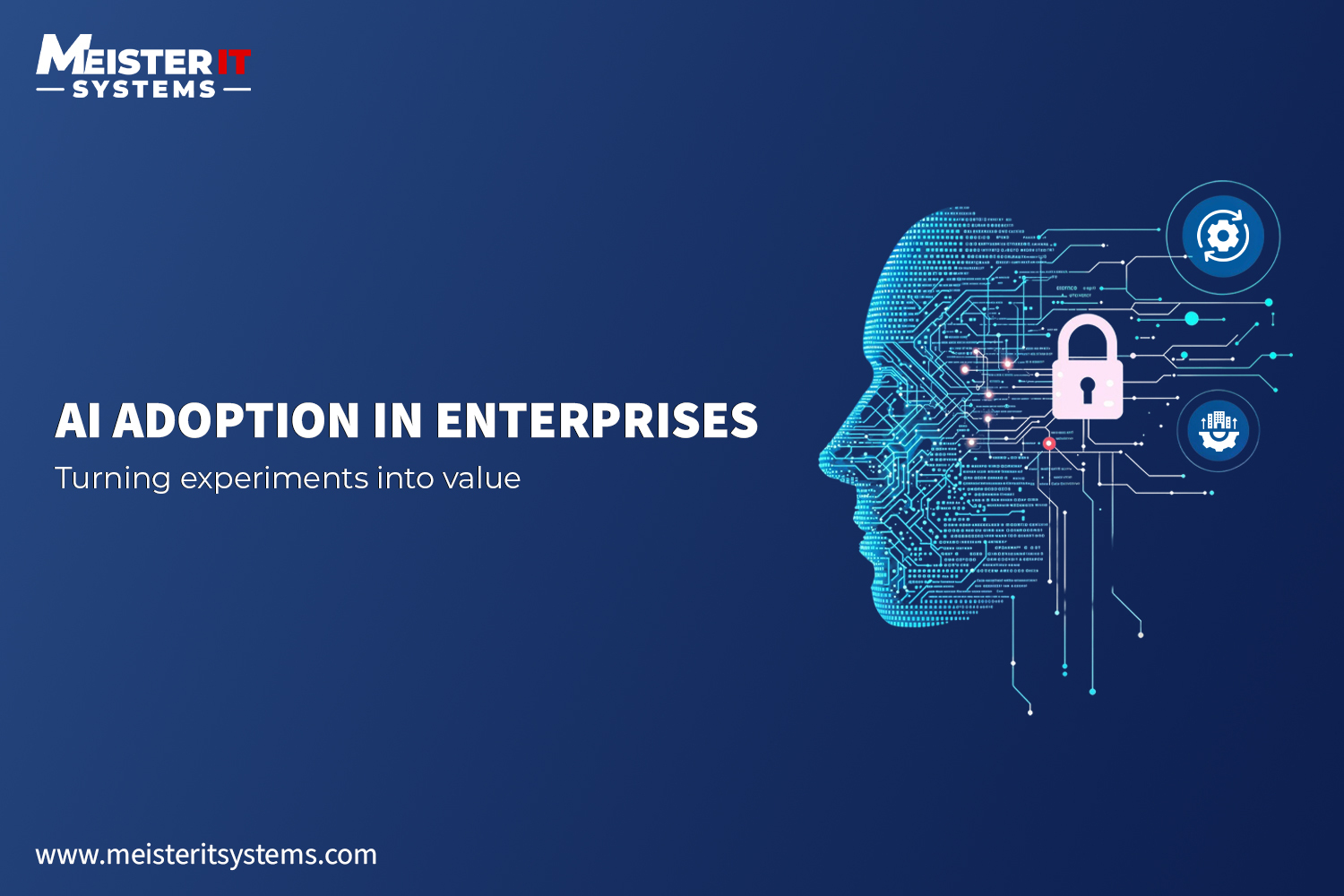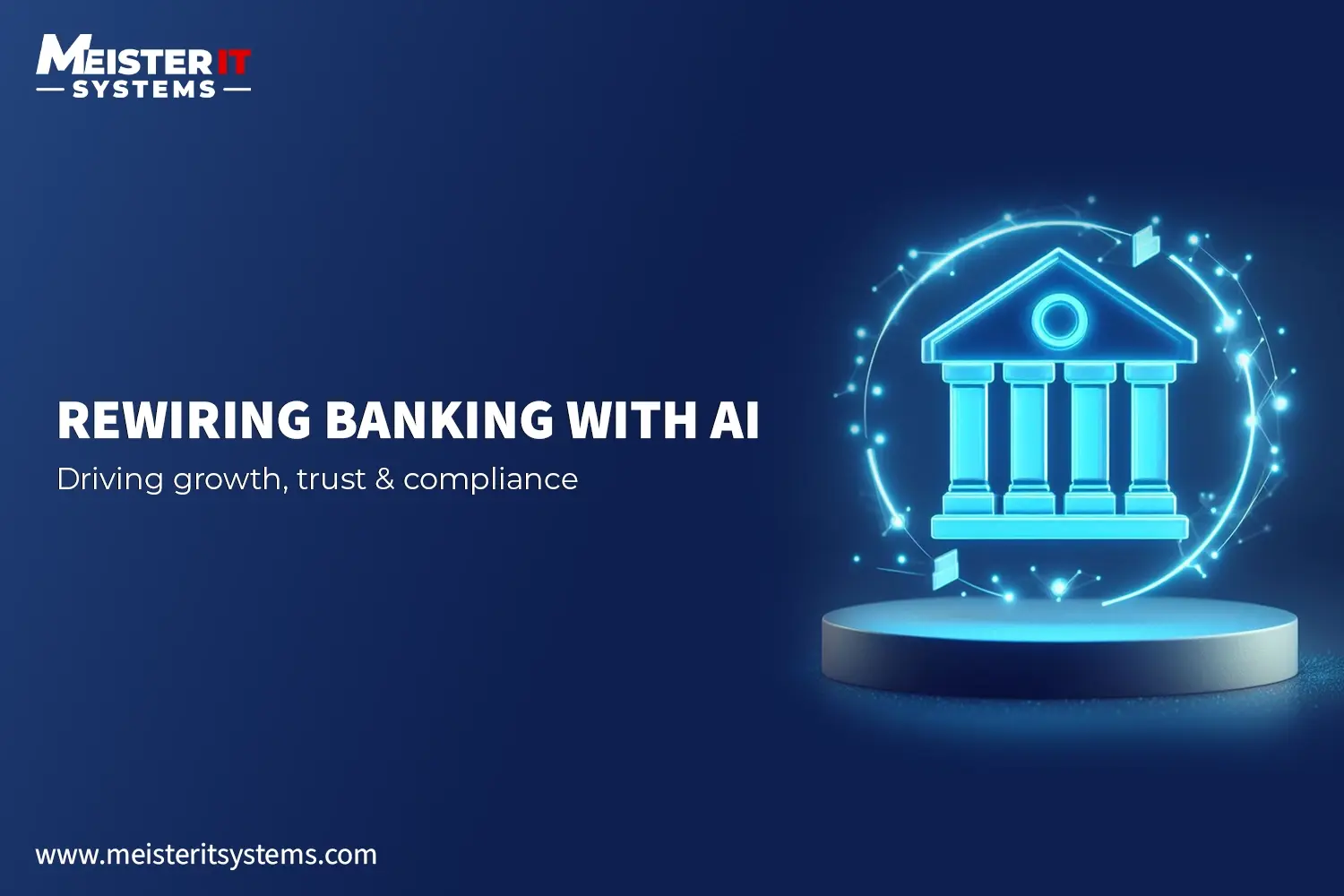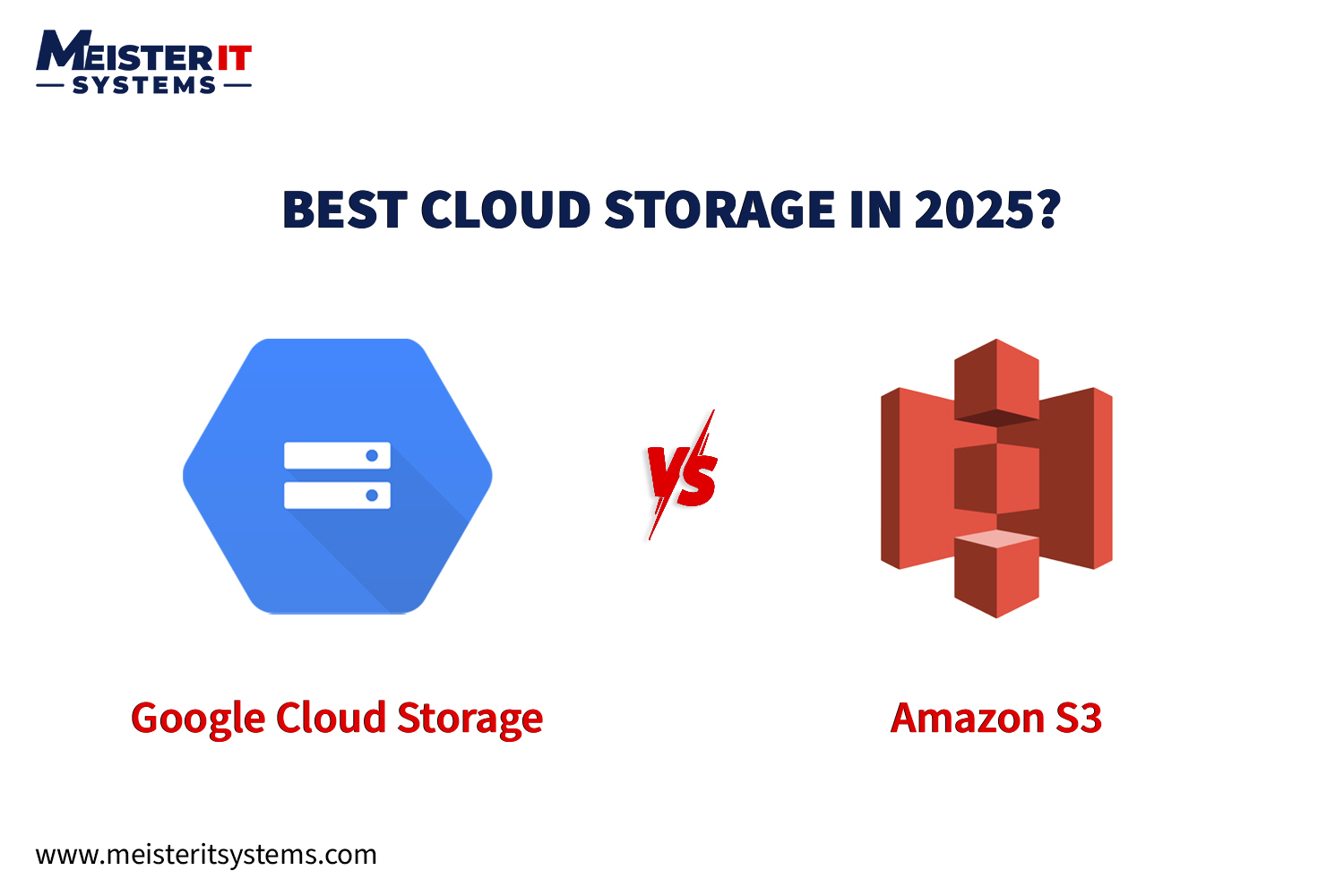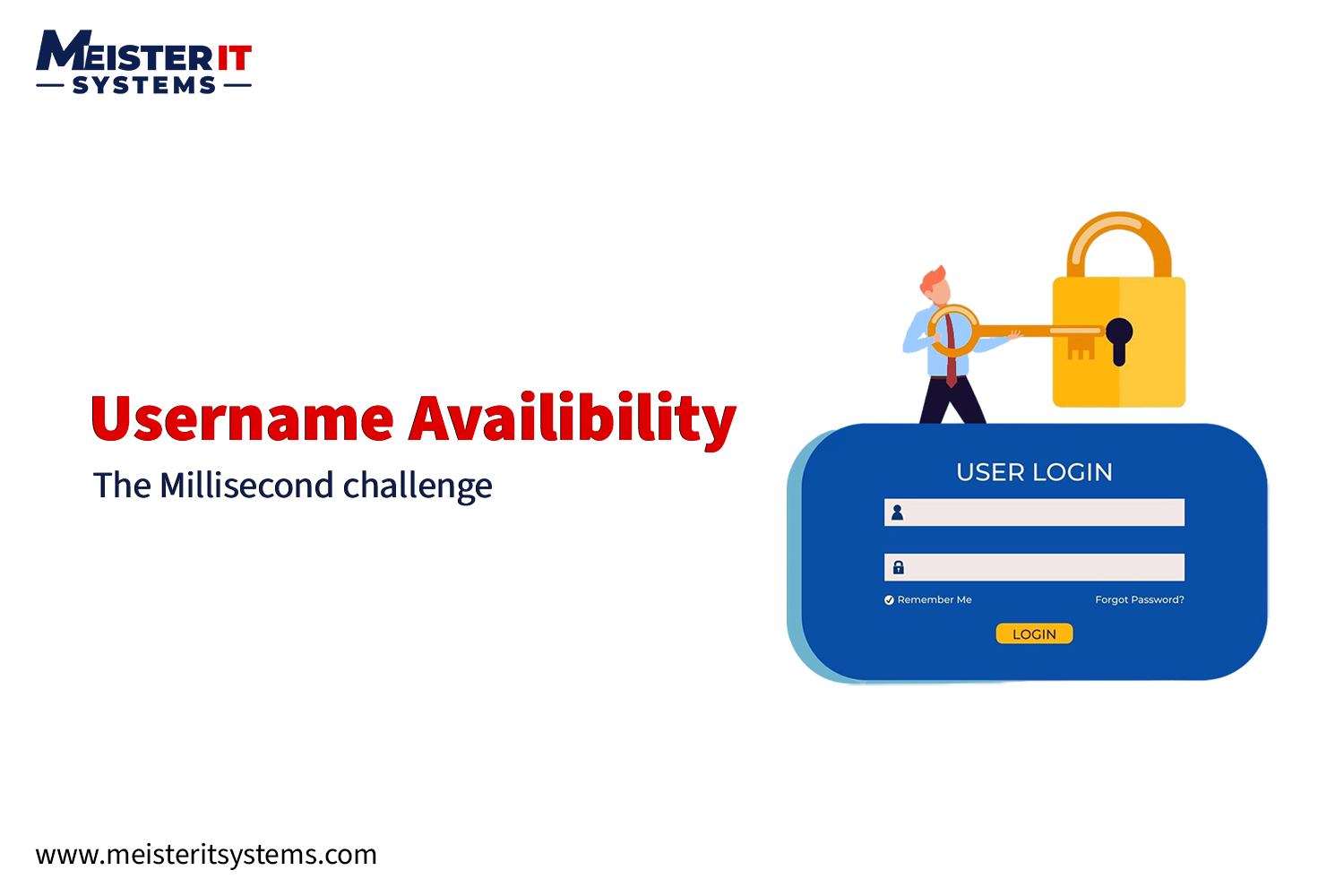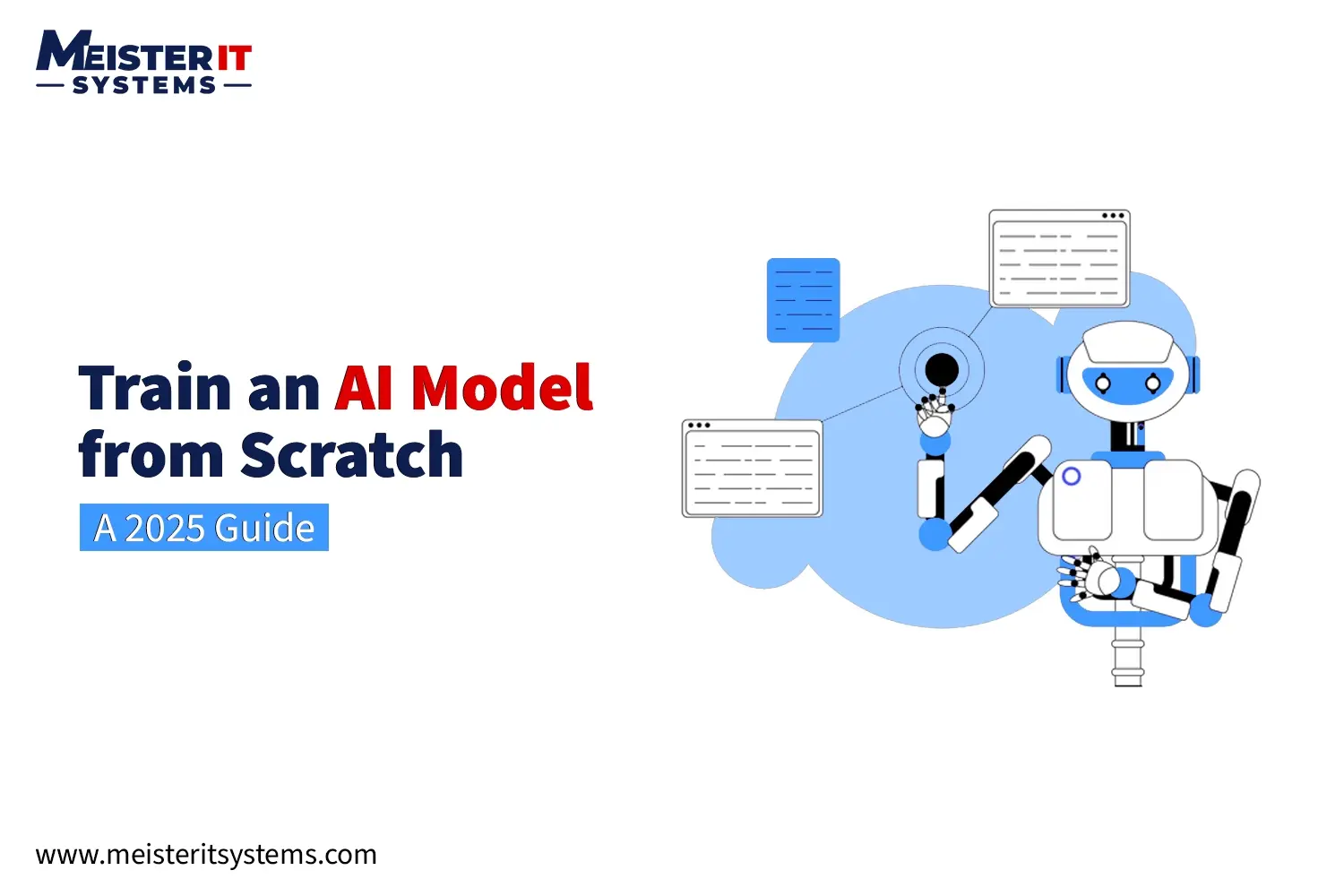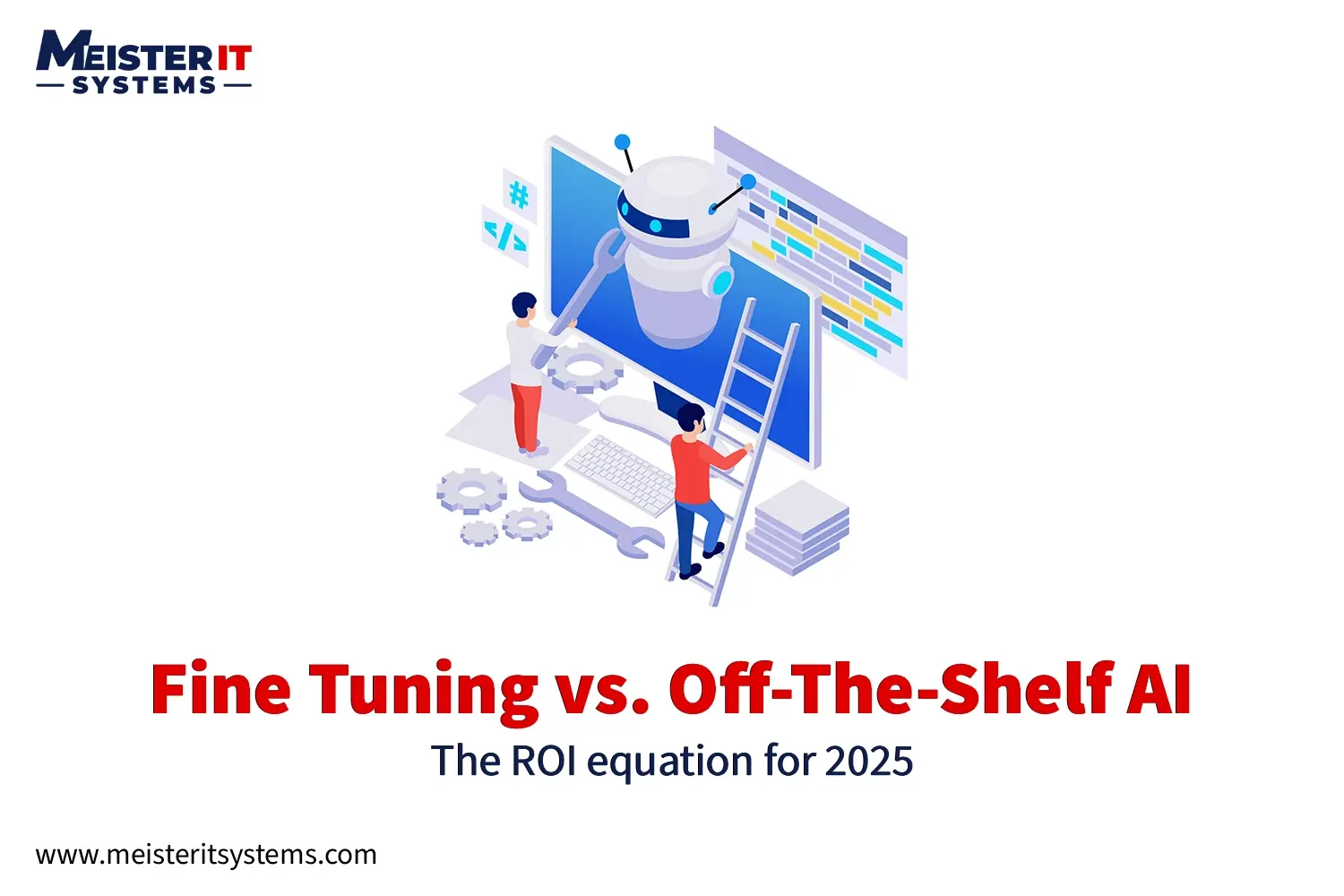
Are you ready for the next wave of mobile innovation? As the UK continues to lead in digital transformation, mobile app trends for 2025 are reshaping industries and redefining user experiences. From AI-driven automation to immersive AR/VR, these advancements will be key to staying competitive.
In 2025, mobile app development in the UK is set to enter an exciting new era, driven by cutting-edge technologies and evolving user demands. As businesses strive to engage customers more effectively, mobile app trends like AI integration, augmented reality, and IoT are pushing the boundaries of innovation. Staying ahead of these trends is crucial for companies aiming to remain relevant in an increasingly digital marketplace.
In this blog, we’ll explore the top 10 mobile app trends in the UK tech scene, offering businesses new ways to enhance user experiences and meet the market’s evolving needs.
Mobile App demand in the UK
Mobile app usage is skyrocketing, with global downloads hitting 257 billion in 2023 alone. The market is projected to generate over $613 billion in revenue by 2025, reflecting a surge in mobile app demand across the globe, including the UK.
Top 10 Mobile App Trends in the UK in 2025
As UK businesses embrace digital transformation. Mobile apps have become essential tools for driving customer engagement in 2024. They also streamline operations and offer personalised experiences. With the growing popularity of blockchain, AI, and engaging technologies, the UK mobile app market is set to expand even further, allowing businesses to capitalise on these advancements for long-term success.
Here are the top 10 mobile app trends in the UK for 2025:
1. AI and Machine Learning Integration
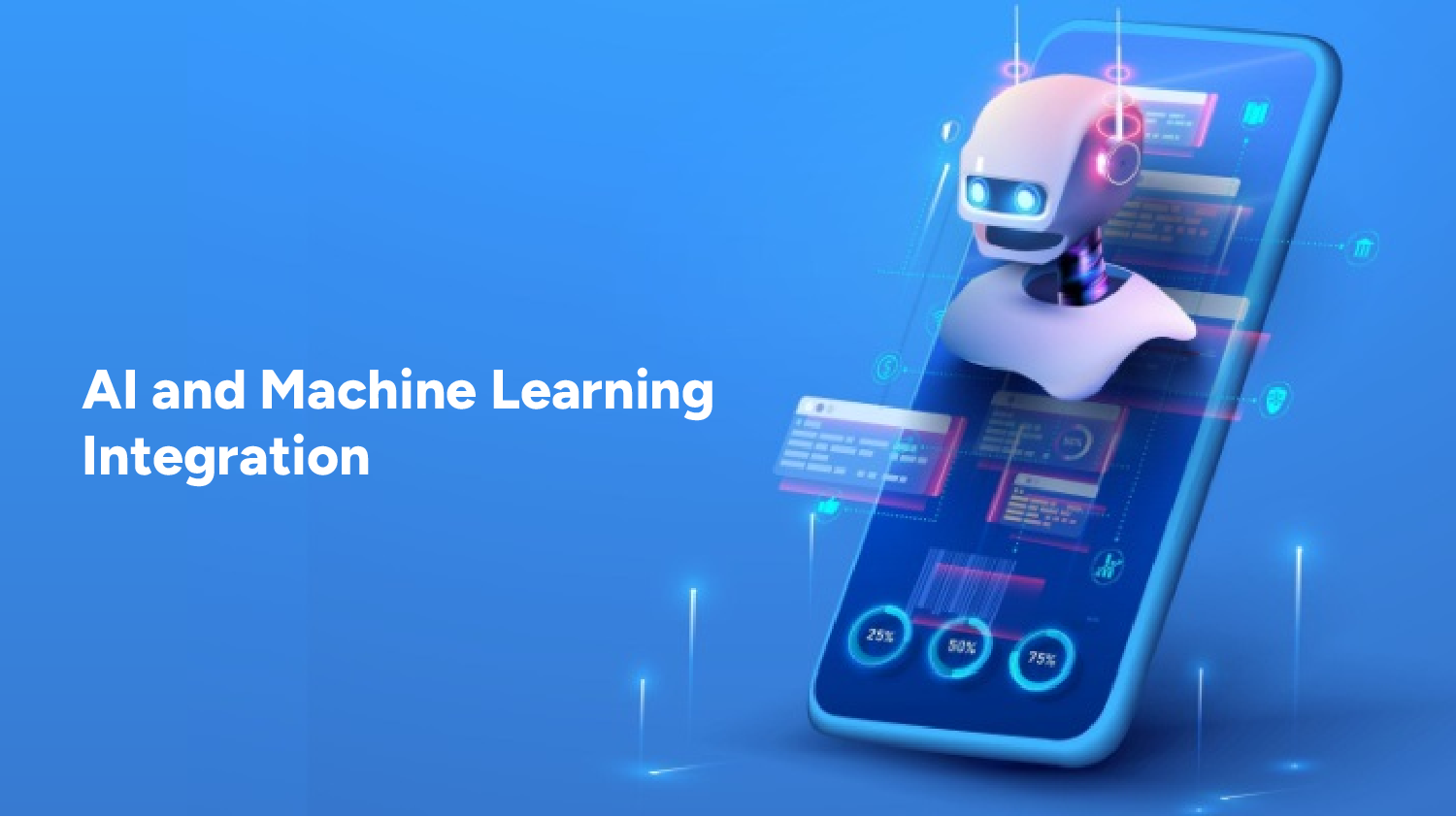
The influence of AI and machine learning in shaping the future of mobile app development is set to grow even further in 2025. With global funding for AI startups soaring to $38 billion during the pandemic, industries worldwide have swiftly embraced AI-driven solutions. By 2024, global spending on AI-enabled systems had reached $154 billion, with the banking sector investing $20.6 billion and the retail sector investing $19.7 billion.
In the UK, AI is revolutionising mobile apps by customising features. These apps learn from user behaviour to provide predictive text, personalised recommendations, and automation, resulting in tailored, intuitive experiences. For example, shopping apps like Amazon and Myntra.
Benefits
- It enhanced user engagement and retention through personalised experiences.
- It increased revenue for businesses due to more targeted suggestions.
- It streamlined customer service via AI-driven chatbots.
2. Augmented Reality (AR) and Virtual Reality (VR)

AR and VR technologies are revolutionising mobile apps by delivering immersive, interactive experiences across various industries, from retail to real estate. By 2025, the AR market alone is expected to reach $198 billion globally. In the UK, businesses are quickly adopting AR and VR to enhance customer engagement, offering features like virtual try-ons and immersive virtual tours. For example, IKEA’s AR app allows users to visualise furniture in their homes before purchasing, providing a more engaging and confident shopping experience.
Benefits
- These AR and VR technologies engage users with immersive, interactive content.
- It also reduces return rates in e-commerce by offering virtual try-on solutions.
- It helps businesses stand out by offering unique customer experiences.
3. Wearable Technology Integration
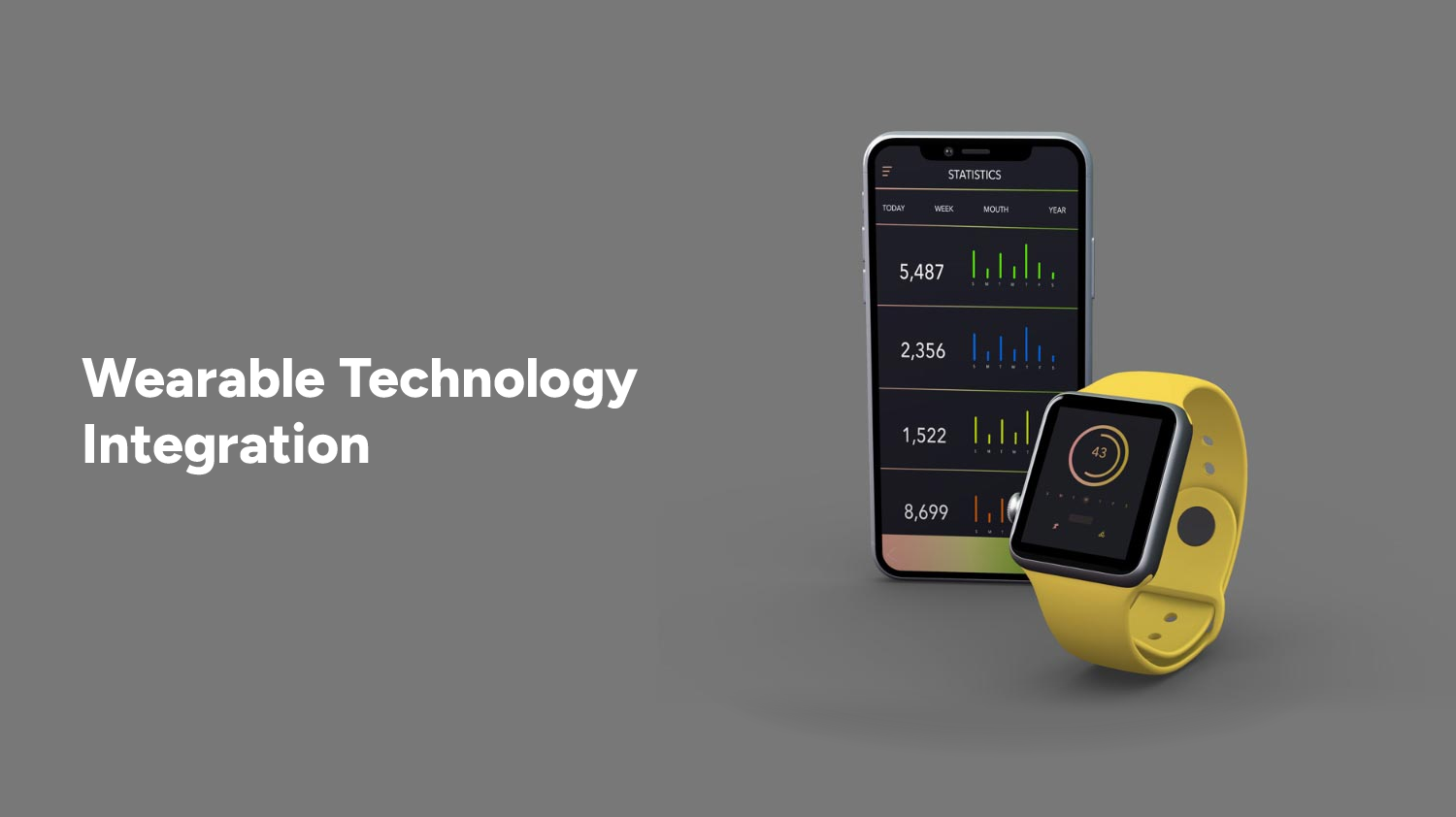
According to recent statistics, 35% of UK adults now own a wearable device, highlighting the growing importance of this technology in everyday life. Additionally, the market for wearable technology is expected to reach £244.9 billion by 2026, emphasising the potential for innovative app development in this space.
Mobile app development companies in the UK are increasingly prioritising seamless integration between mobile applications and wearables such as fitness trackers and smartwatches. This integration enables apps to deliver real-time health data and analytics, significantly enhancing user experience and functionality. For instance, MyFitnessPal exemplifies this trend by integrating with various fitness trackers, allowing users to monitor their physical activity and receive personalised health insights.
Benefits
- It enhances user engagement by providing personalised health insights.
- It improves user experiences by offering seamless synchronisation across devices.
- It enables real-time monitoring, increasing app utility for users.
4. Blockchain for Security and Payments
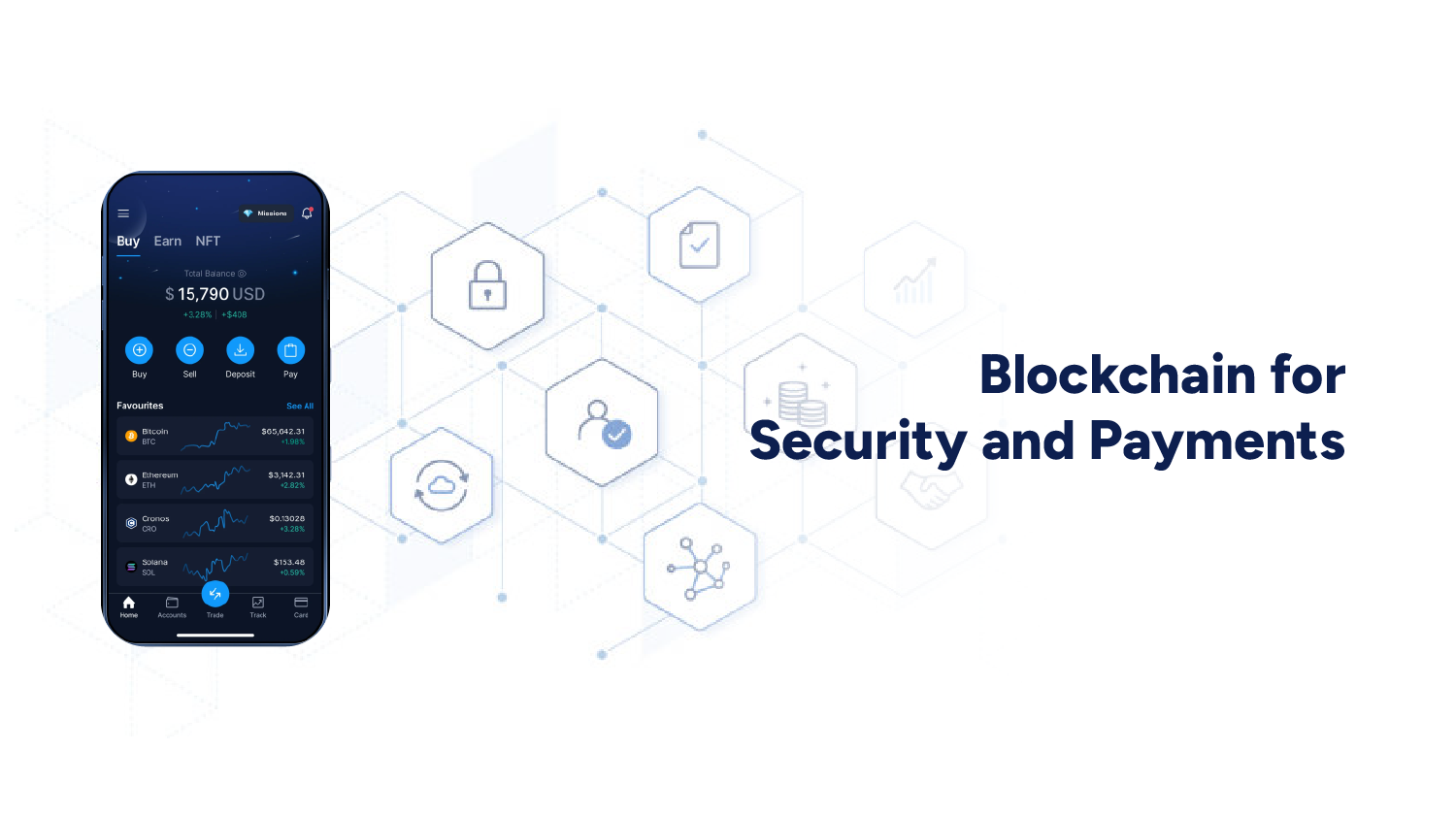
Blockchain technology is forecasted to grow to nearly 1,000 trillion U.S. dollars by 2032, driven by its increasing adoption across diverse sectors such as finance, healthcare, and supply chain management. As companies recognise the advantages of blockchain in enhancing security, transparency, and efficiency, the market is set to expand rapidly in the coming years.
In the UK, numerous apps are incorporating blockchain to deliver decentralised and secure solutions for data management and transactions. Looking ahead, this technology will be vital in strengthening security measures for payment transactions, loyalty programs, and the sharing of confidential data, particularly within fintech applications that handle sensitive information.
Beyond well-known names like Revolut and Monzo, various other fintech apps are also harnessing blockchain to ensure secure and transparent financial transactions, thereby fostering greater trust among users.
Benefits
- It improves security, reducing the risk of fraud.
- It enables faster and more secure mobile payments.
- It builds user trust through transparent transaction tracking.
5. No-Code and Low-Code App Development
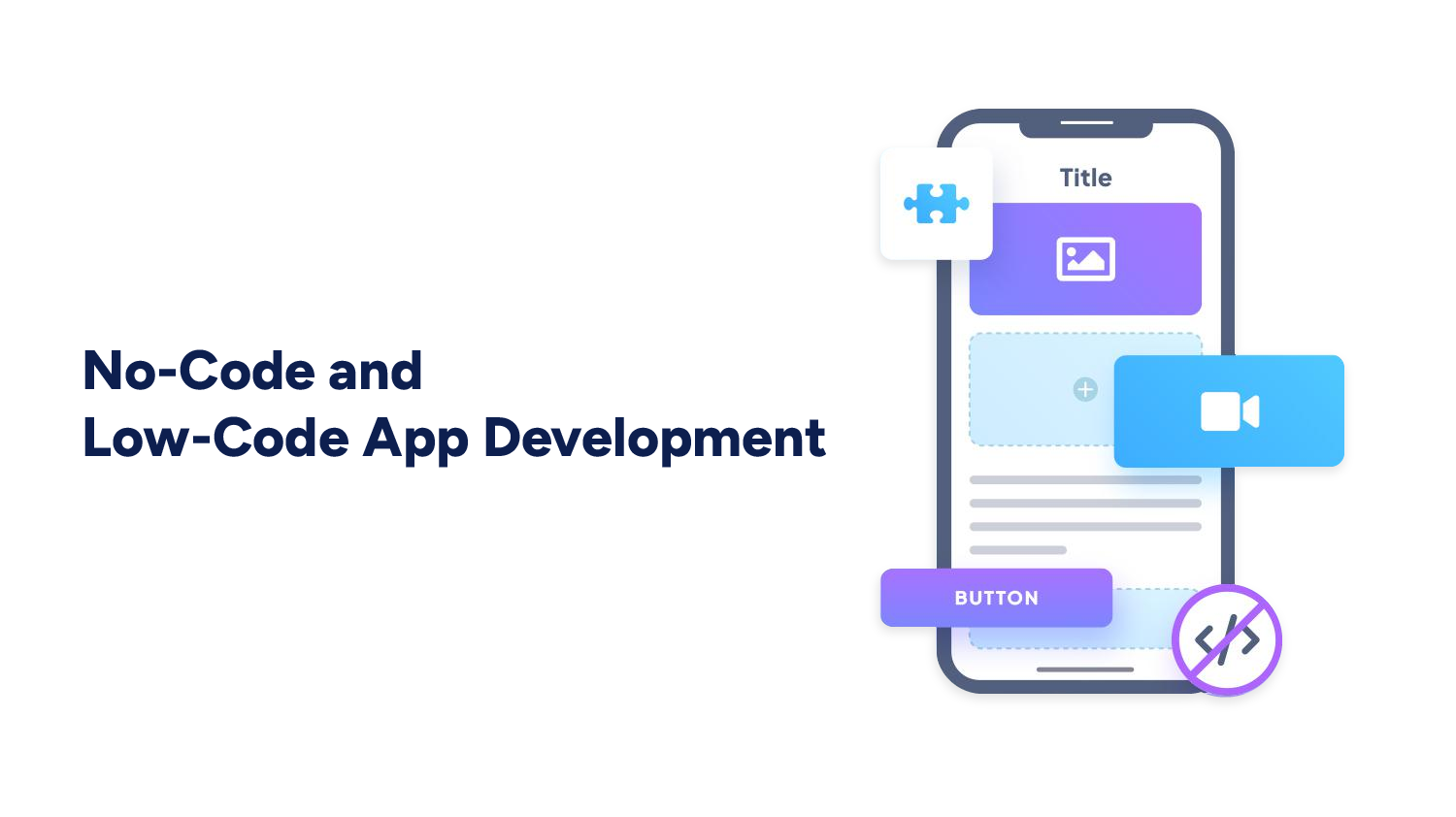
The low-code app development market has experienced explosive growth, reaching an estimated $26.9 billion in 2023 and is projected to expand significantly, with 80% of low-code users expected to come from non-IT backgrounds by 2026. This growth highlights the increasing demand for accessible development tools that empower non-technical users to efficiently create applications.
Low-code platforms are gaining prominence in the UK as a mobile app trend, enabling rapid deployment and innovation in sectors such as healthcare, finance, and education. Businesses striving to streamline processes and accelerate digital transformation are expected to drive the continued rise in the adoption of low-code platforms.
For example, platforms like Bubble and Appy Pie allow businesses to develop functional apps without requiring coding expertise, speeding up time to market.
Benefits
- It reduces development costs and time to market.
- It empowers non-technical teams to build functional apps.
- It increases innovation by allowing businesses of all sizes to develop apps.
6. Voice Technology and Virtual Assistants
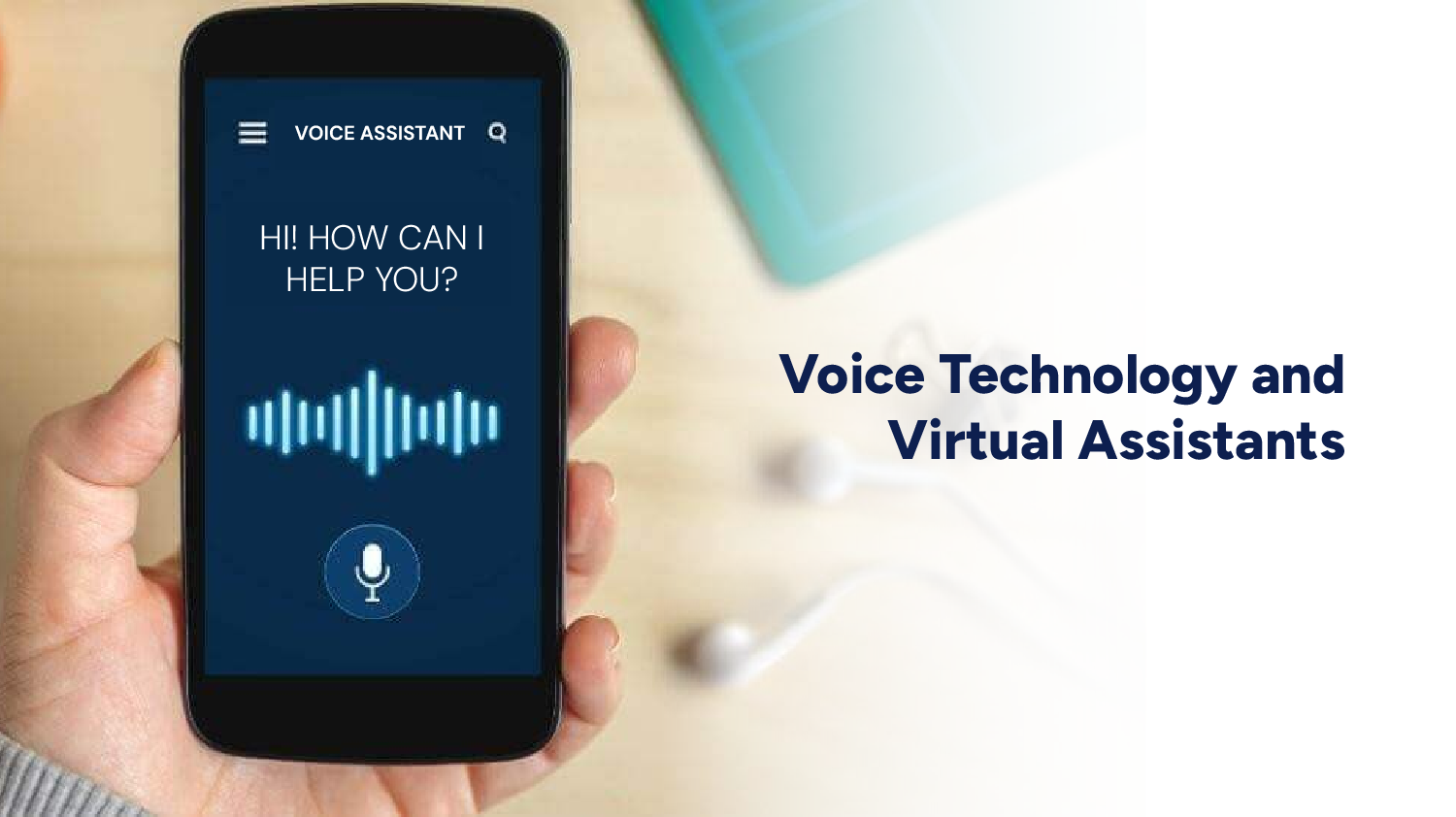
The global voice and speech recognition market size was estimated at USD 20.25 billion in 2023 and is anticipated to grow at a CAGR of 14.6% from 2024 to 2030. The market is anticipated to be driven by technological advancements and rising adoption of advanced electronic devices. In the UK, integrating voice commands and virtual assistants into apps enhances user convenience and accessibility, allowing for hands-free navigation, efficient customer service, and seamless shopping experiences. This innovation enables users to engage with their favourite applications more intuitively, reducing reliance on manual inputs.
For instance, integrations with Amazon Alexa and Google Assistant empower users to control smart home devices and shop using voice commands, simplifying everyday tasks and streamlining daily routines for enhanced user satisfaction.
Benefits
- Increases accessibility for users by enabling hands-free navigation.
- Enhances user engagement through natural, conversational interactions.
- Saves time for users, creating smoother, more efficient app experiences.
7. On-demand Apps
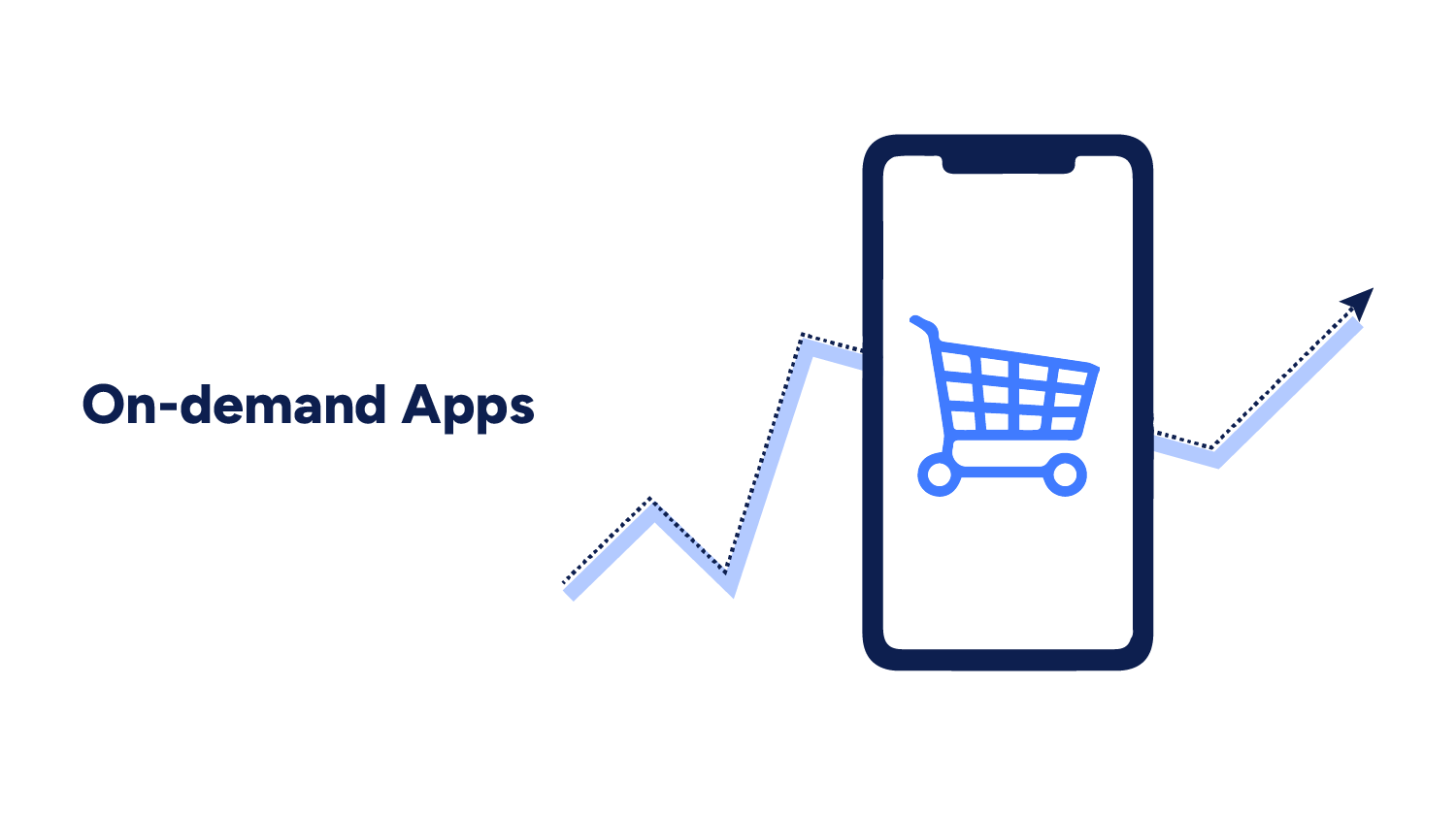
On-demand apps provide instant access to various services like food delivery, ride-sharing, and home services, connecting consumers with providers for speed and convenience. These apps have revolutionised the way people access services, offering a seamless and efficient experience that caters to the demands of modern-day consumers. With just a few taps on their smartphones, users can have their needs met quickly and effortlessly. These apps remain a major mobile application trend in 2024.
Let’s discuss some types of On-Demand Apps:
- Online Marketplaces: Platforms like Amazon and eBay dominate the market, with Amazon receiving approximately 4.8 billion monthly visits.
- Mobility Services: Apps such as Uber and Lyft continue to grow; Uber has around 130 million monthly users.
- Food/Grocery Delivery: In the UK, the food delivery market is projected to reach £3.8 billion by 2024, with a compound annual growth rate (CAGR) of 15.2%. By 2029, the market volume could rise to £63.75 billion.
With rising demand for speed and quality, Mobile app developers have opportunities to create successful on-demand apps in a competitive landscape.
8. Mobile Banking

Mobile banking is transforming the financial sector by offering 24/7 account access and instant money transfers. By 2025, 80.4% of the population is expected to use mobile banking, driven by the demand for faster transactions and lower fees. The convenience of mobile banking also allows users to easily track their spending habits and set up automatic bill payments.
Did you know? Traditional banks and neobanks are adapting mobile checkout services. Apps like Capital One Mobile and Chase Mobile lead the industry, while neobanks such as Chime have over 5.8 million monthly active users. Internationally, banks like Starling Bank in the UK and Nubank in Brazil enhance customer satisfaction with features like fraud detection and real-time alerts.
Benefits
- Instant transactions anytime, anywhere.
- Lower fees compared to traditional banking.
- Enhanced security with real-time fraud alerts.
9. Touchless UL Options

Touchless UI options, which surged in popularity during the COVID-19 pandemic, are now becoming a vital component of mobile app development. These interfaces enable users to engage with apps without any physical contact, utilising technologies such as biometrics, gestures, eye tracking, and voice commands. As we look towards 2024, touchless interfaces are expected to further advance, enhancing convenience, accessibility, and security for users.
Examples of Touchless UI Technologies:
- Biometric Sign-In: Fingerprint and facial recognition, like Apple’s FaceID and TouchID, are widely used for secure access.
- Gesture Controls: Apps like Samsung Galaxy support gesture-based navigation for hands-free control.
- Eye Tracking: Lumen uses this technology for in-depth user attention studies.
- Voice User Interfaces (VUI): Assistants like Siri and Alexa allow voice-activated commands, while apps like PayPal enable voice payments.
Touchless UI is growing rapidly, offering innovative, contactless interactions that improve user experience and accessibility across various industries.
10. Internet of Things (IoT)
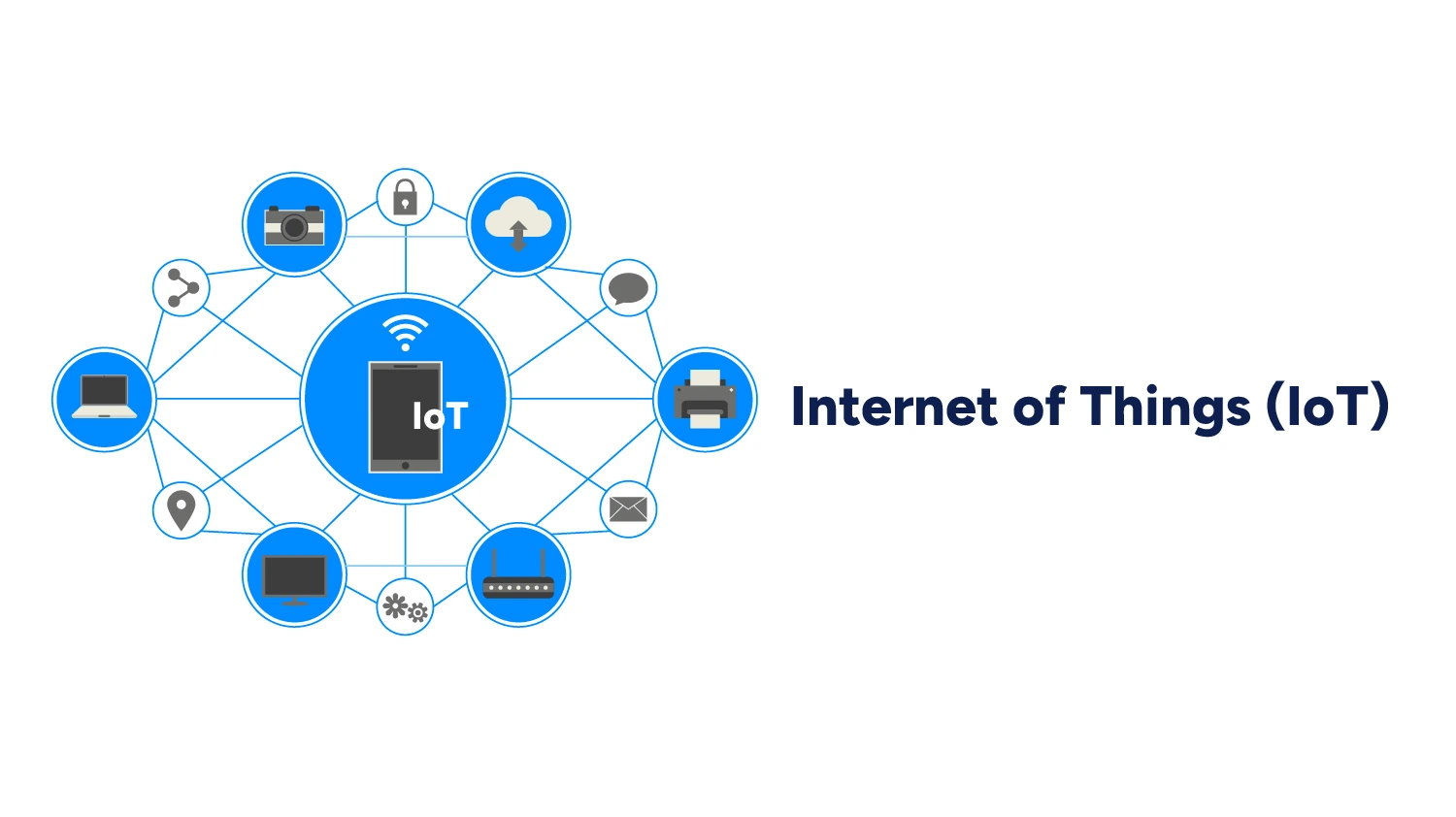
The Internet of Things (IoT) is quickly growing and is a popular trend in mobile apps. The global IoT market is expected to reach $621 billion by 2030. IoT apps are important because they generate 40% of this revenue. They are changing many industries, including smart cities, agriculture, and automotive.
Key Sectors for IoT Apps
- Smart Cities: In 2023, the global smart cities market was valued at USD 748.7 billion. It is expected to grow at a rate of 25.8% each year from 2023 to 2030.
- Smart Homes: The number of smart home users will increase by 453.2 million from 2023 to 2028.
- Automotive IoT: The automotive IoT industry is predicted to grow from USD 131.2 billion in 2023 to USD 322.0 billion by 2028, with a growth rate of 19.7% each year from 2023 to 2028.
For instance, Blynk is an innovative no-code platform that enables users to remotely control devices, automate tasks, and integrate with voice assistants for effective smart home management. IoT applications enhance automation and personalisation, fostering seamless interactions with devices.
How MeisterIT Systems Can Help You Build a Cutting-Edge Mobile App with the Latest Trends & Technologies?
At MeisterIT Systems, we understand the importance of staying ahead of the curve in mobile app development. Our team of experienced developers specialises in creating apps that incorporate the latest trends and technologies, ensuring your business stands out in the competitive UK market. From AI and machine learning integration to developing apps for wearable devices, we offer custom solutions tailored to your unique business needs. We also prioritise security with latest technologies and develop apps that are sustainable and environmentally friendly.
Whether you’re looking to create a super app or leverage AR/VR for immersive user experiences, MeisterIT Systems can help turn your vision into reality. Our end-to-end mobile app development services ensure that your app is scalable, secure, and built to handle the demands of 2025.
Conclusion
The mobile app landscape in the UK is rapidly evolving, with trends like AI, 5G, and AR/VR pushing the boundaries of what’s possible. As businesses look to stay competitive in 2025, it’s crucial to embrace these technologies to enhance the user experience, improve security, and offer more personalised solutions. By partnering with MeisterIT Systems, companies can ensure that their apps not only meet current trends but also anticipate future demands, delivering cutting-edge experiences for their users.



